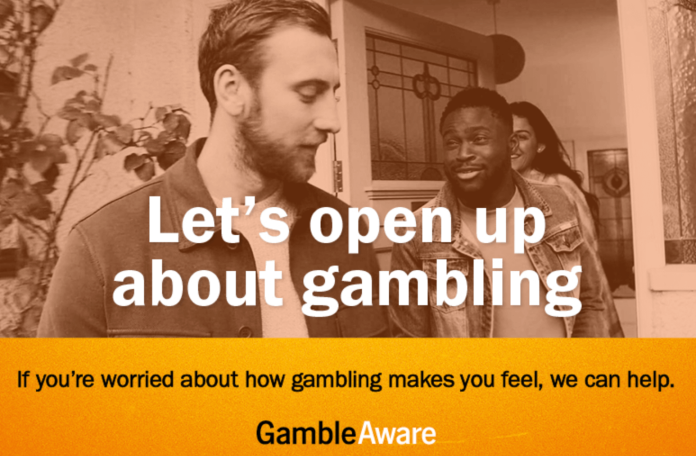GambleAware is urging partners and stakeholders to confront the stigmas associated with problem gambling treatment, which are significant obstacles for individuals seeking help.
New data released by GambleAware indicates that approximately 64% of adults in Great Britain who have encountered gambling problems have kept these issues private, with 39% citing stigma as the reason for their silence.
This data confirms GambleAware’s concerns about the prevalent lack of communication among those affected by gambling harm and addiction. As a countermeasure, GambleAware is initiating a new phase in its campaign to reduce stigma and encourage affected individuals to seek assistance.
Zoë Osmond, the Chief Executive of GambleAware, commented, “The amount of people suffering in silence is concerning. Gambling addiction, often concealed, is exceptionally difficult to recognize externally. Therefore, it’s crucial that those affected know about the extensive support services available and feel comfortable seeking help. The initial step is crucial: to start a dialogue about their gambling harm as soon as possible.”
The campaign gains support from several key figures who offer insights into the stigma and recovery process, including Dr. Ellie Cannon, Professor Dame Clare Gerada, and Dr. Linda Papadopoulos.
The initiative’s message, aimed at tackling social stigmas, gains strength from the personal experiences of sports broadcaster Clive Tyldesley and social media entrepreneur Scott Thomas.
A central goal for GambleAware in combating stigma is to highlight the comprehensive resources at hand for anyone concerned about the impact of gambling on themselves or others. The public is encouraged to utilize the self-assessment tools provided to receive free, confidential, and personalized support.
The campaign received support from Stuart Andrew, the DCMS Gambling Minister, who remarked, “The damaging effects of harmful gambling are seen all too often. Our white paper introduces several new strategies to safeguard those most vulnerable. A crucial part of our plan is implementing a mandatory levy on gambling firms to fund research, prevention, and treatment of gambling harm effectively. Stigma remains the largest impediment to seeking help, and GambleAware’s critical campaign aims to raise awareness and facilitate access to needed support.”
With the holiday season approaching, UK support charities are advocating for those impacted by gambling to obtain free, confidential advice and assistance from GambleAware and the National Gambling Helpline.
Professor Dame Clare Gerada emphasizes, “The inherently covert nature of gambling means currently, individuals often wait until their lives are in ruins before seeking necessary help. This shouldn’t be the case. An extensive array of support services exists, ranging from debt management to complete cessation of gambling, all accessible at no cost via the National Gambling Support Network. I strongly encourage anyone with gambling concerns to utilize these resources.”




























